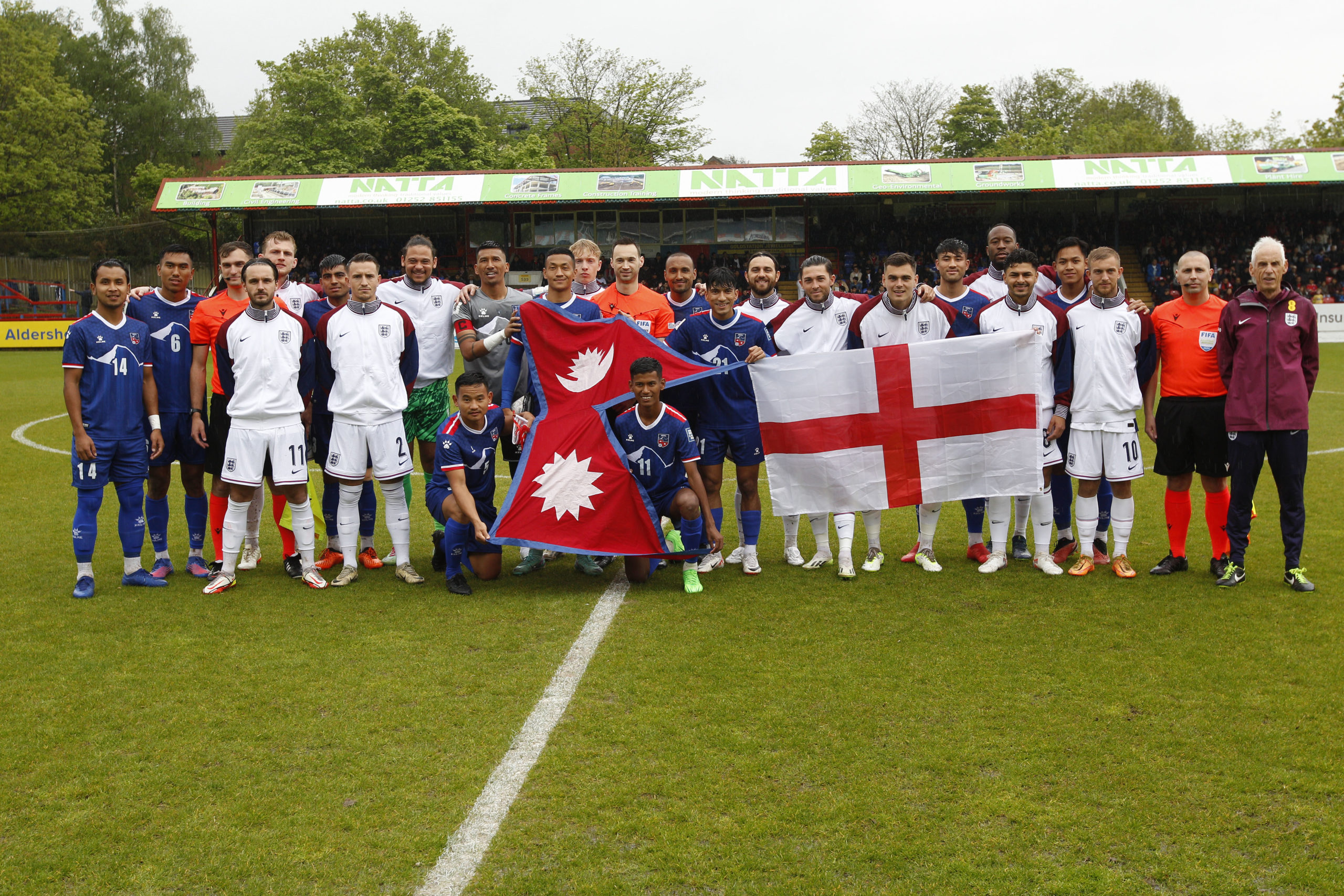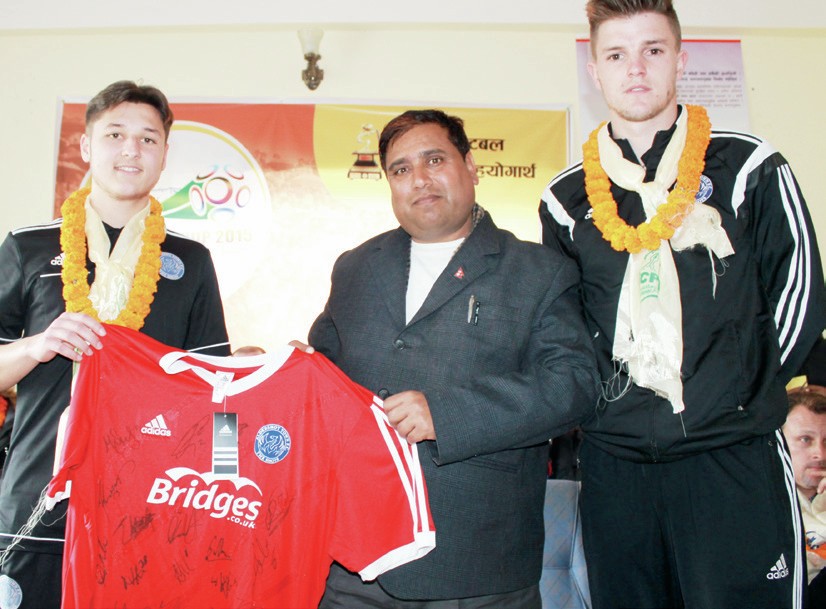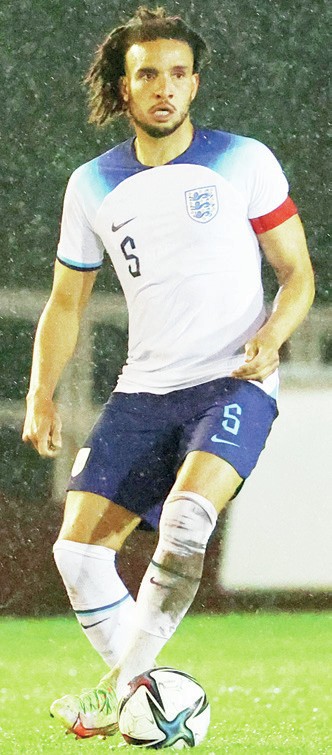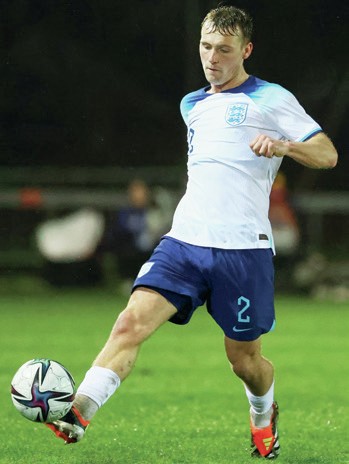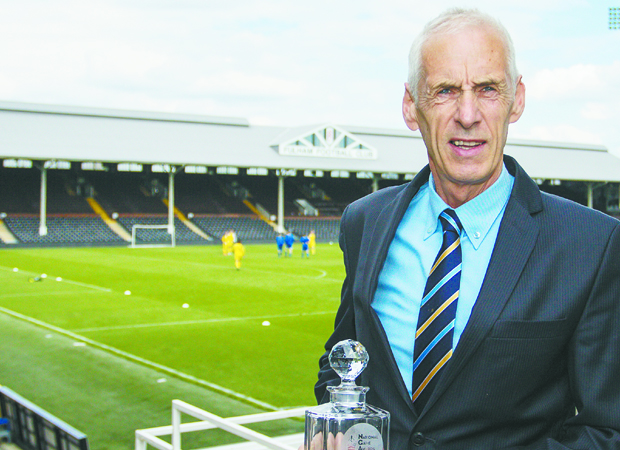
POWER HORSE LIFETIME ACHIEVEMENT
PAUL FAIRCLOUGH (ENGLAND C MANAGER)
PAUL FAIRCLOUGH cut an uncharacteristically bewildered figure when he was handed the Power Horse lifetime achievement award.

“I was listening to the list of things he’d done and I was thinking to myself ‘I know this guy’!” said Fairclough. “Now I realise why everyone wanted to make sure I was definitely coming!”
A part-time player with Wealdstone and St Albans, Fairclough was a school teacher before he discovered his true talent lay in football management.
He joined Stevenage from Hertford Town in 1990 and led Boro to the Isthmian League Division Two North and Division One titles and promotion to theConference, which they won in 1996, but missed out on a Football League place due to ground-grading issues.
He also led Boro to the FA Cup fourth round, losing to Newcastle in a replay after Alan Shearer’s disputed goal.
Fairclough moved on to Barnet and won promotion into the Football League during his first full season in 2005. However, it is his enduring work as manager of the England C side that has arguably been his greatest contribution to grass-roots football.
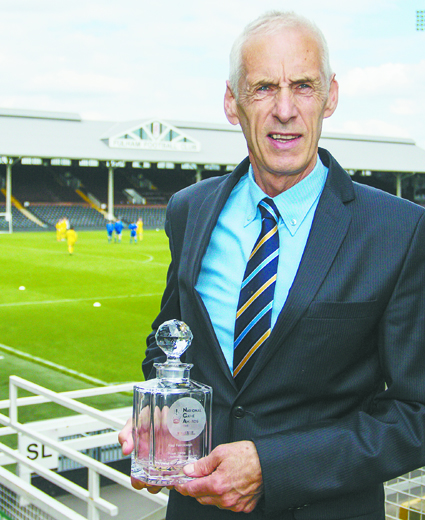
“Though I’m still involved at Barnet, the England C job is my main focus,” said Fairclough, who won the Four Nations Tournament and European Challenge Trophy as national boss.
“The excitement and pride I feel when I pull on that England tracksuit is incredible. The pride those young players have and how they respond to playing for their country is wonderful.
“I don’t like to take too much credit. The hard work is done by coaches and managers at their clubs. But we rubber stamp that progress.
“Non-League is still the heart and soul of football. I still go to my local club, St Albans, and get a great buzz. It’s a wonderful family and I’m very honoured to have won this award.”












